Feature 1
Initial free in person inspections and immediate quote.


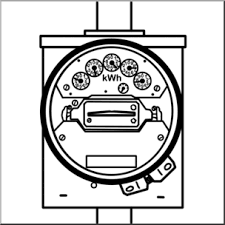

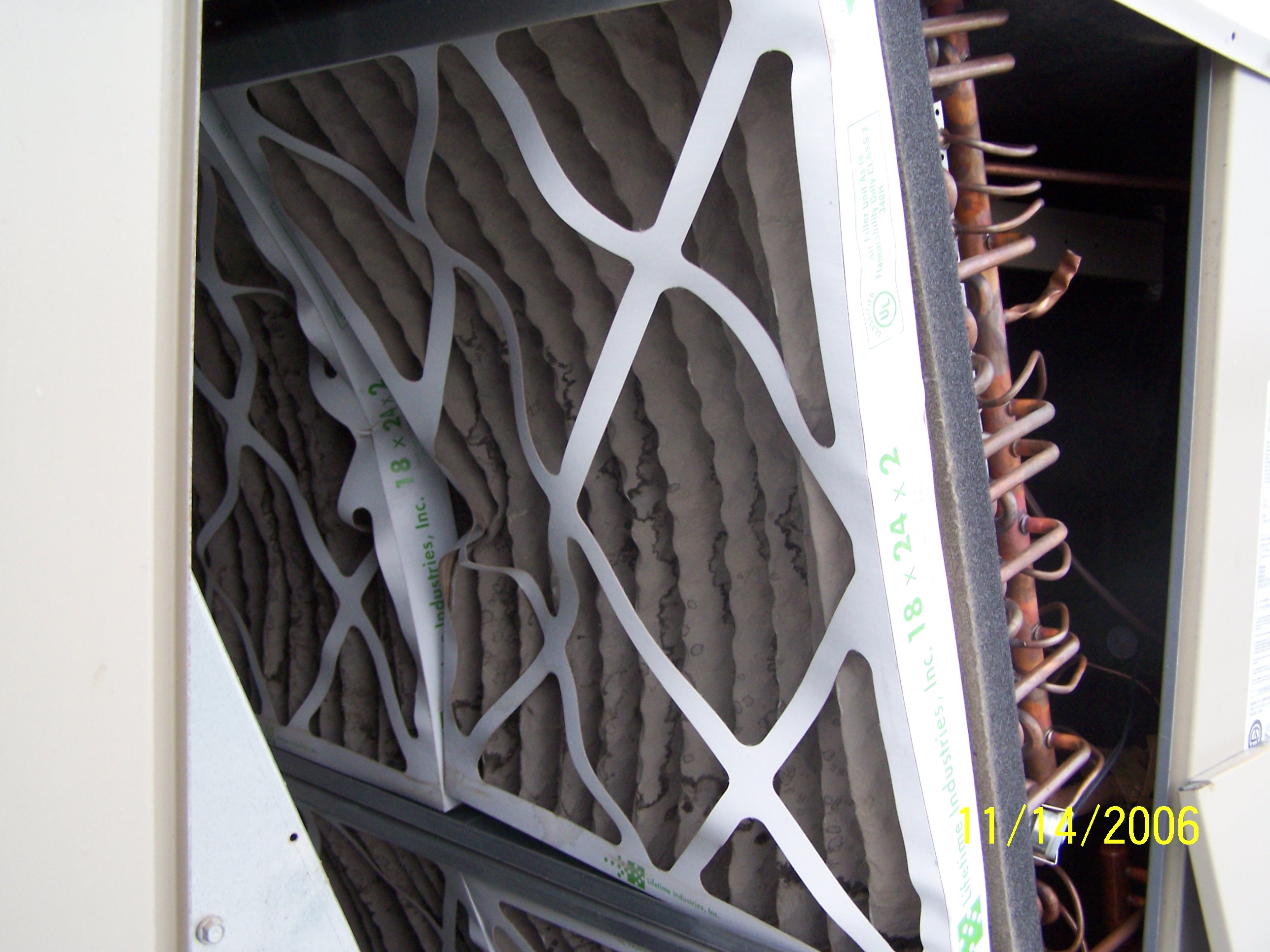
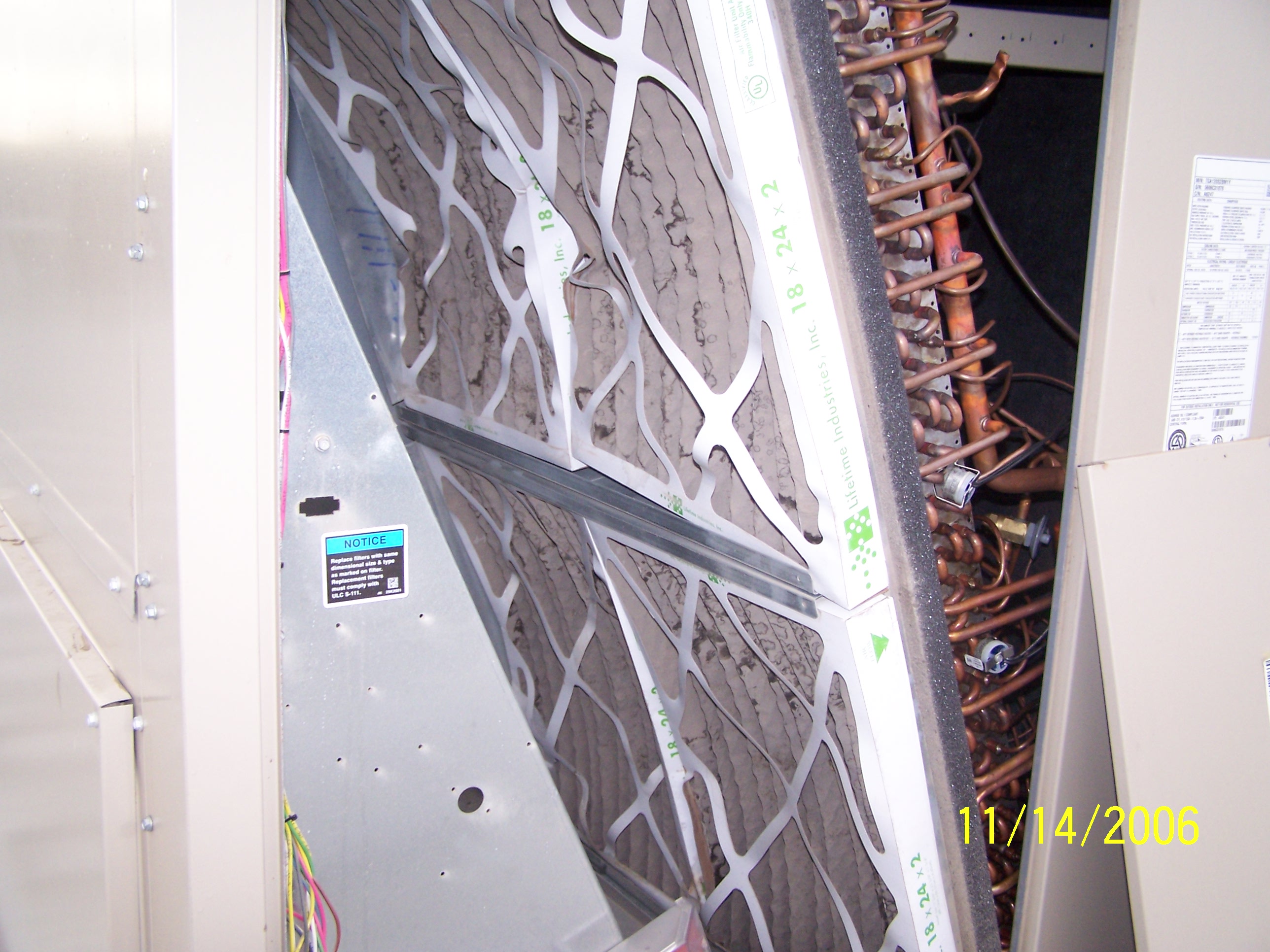
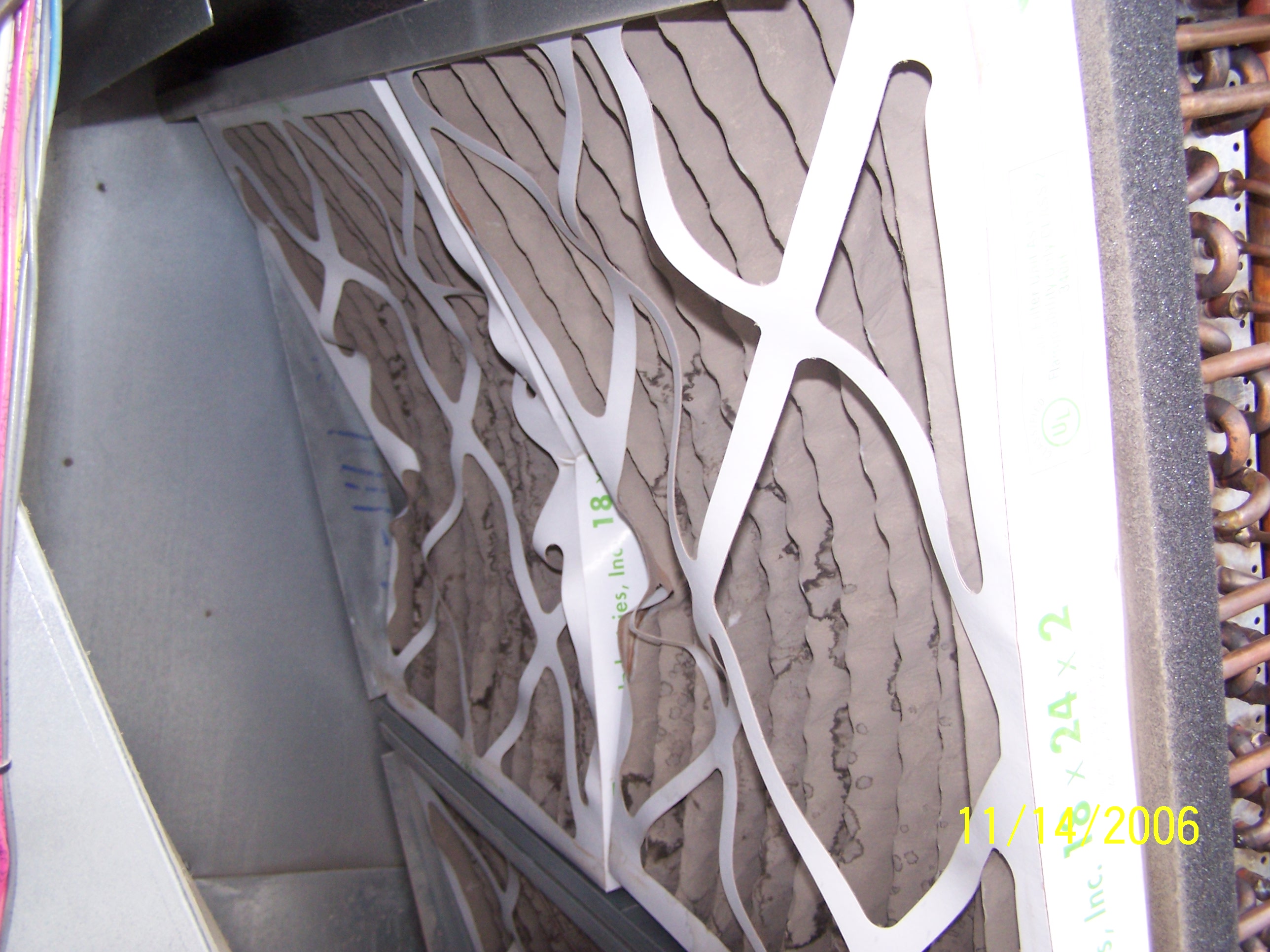
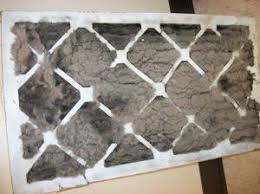
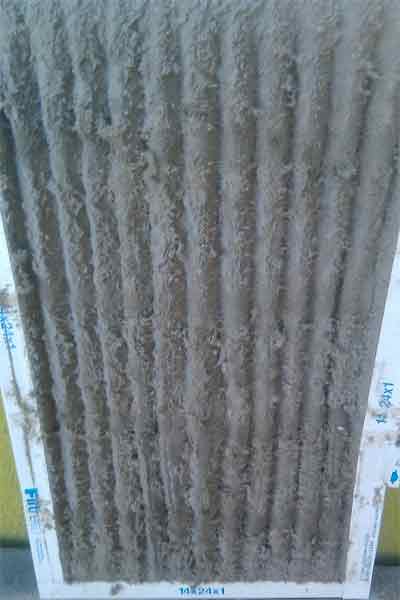
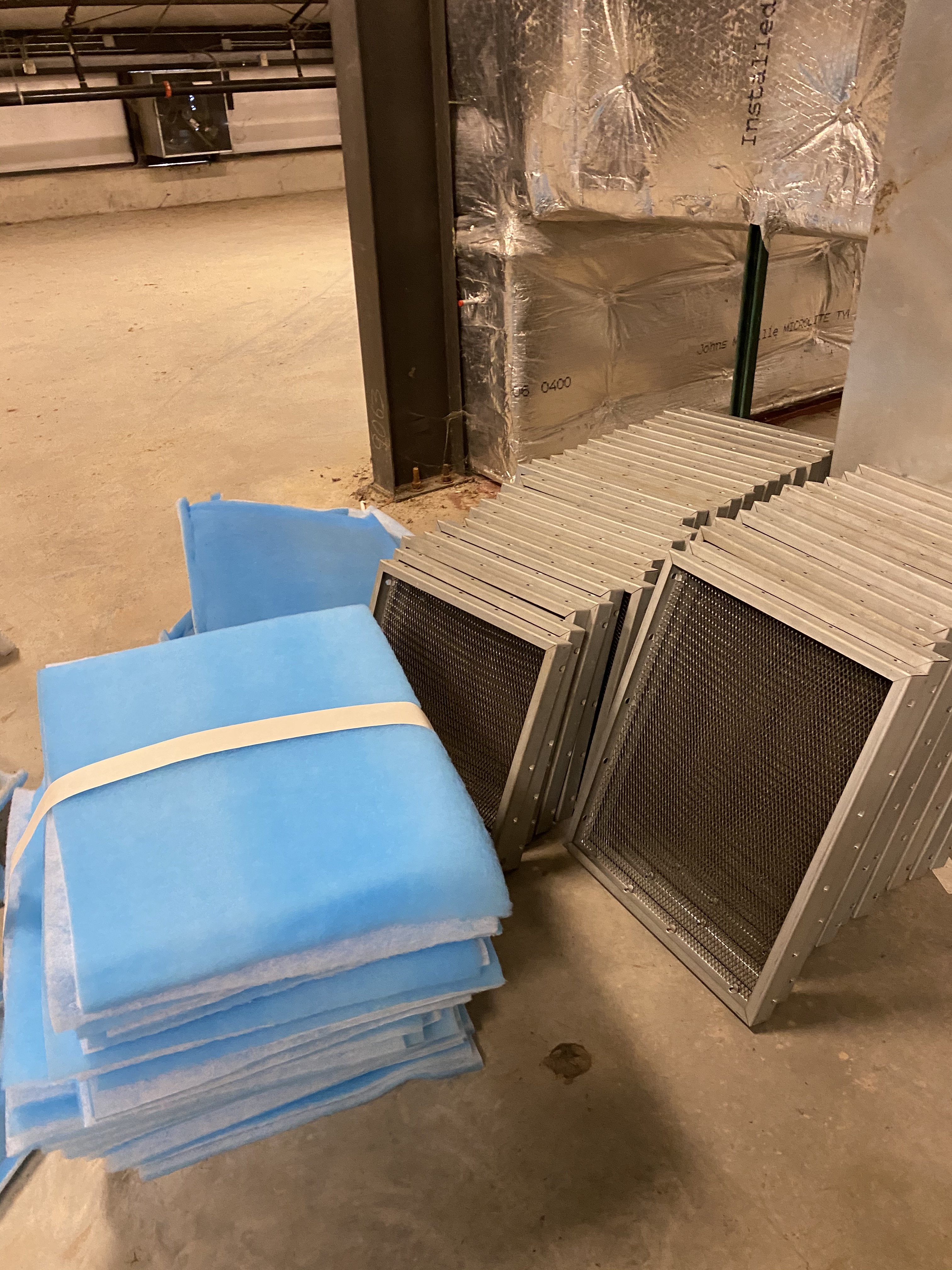
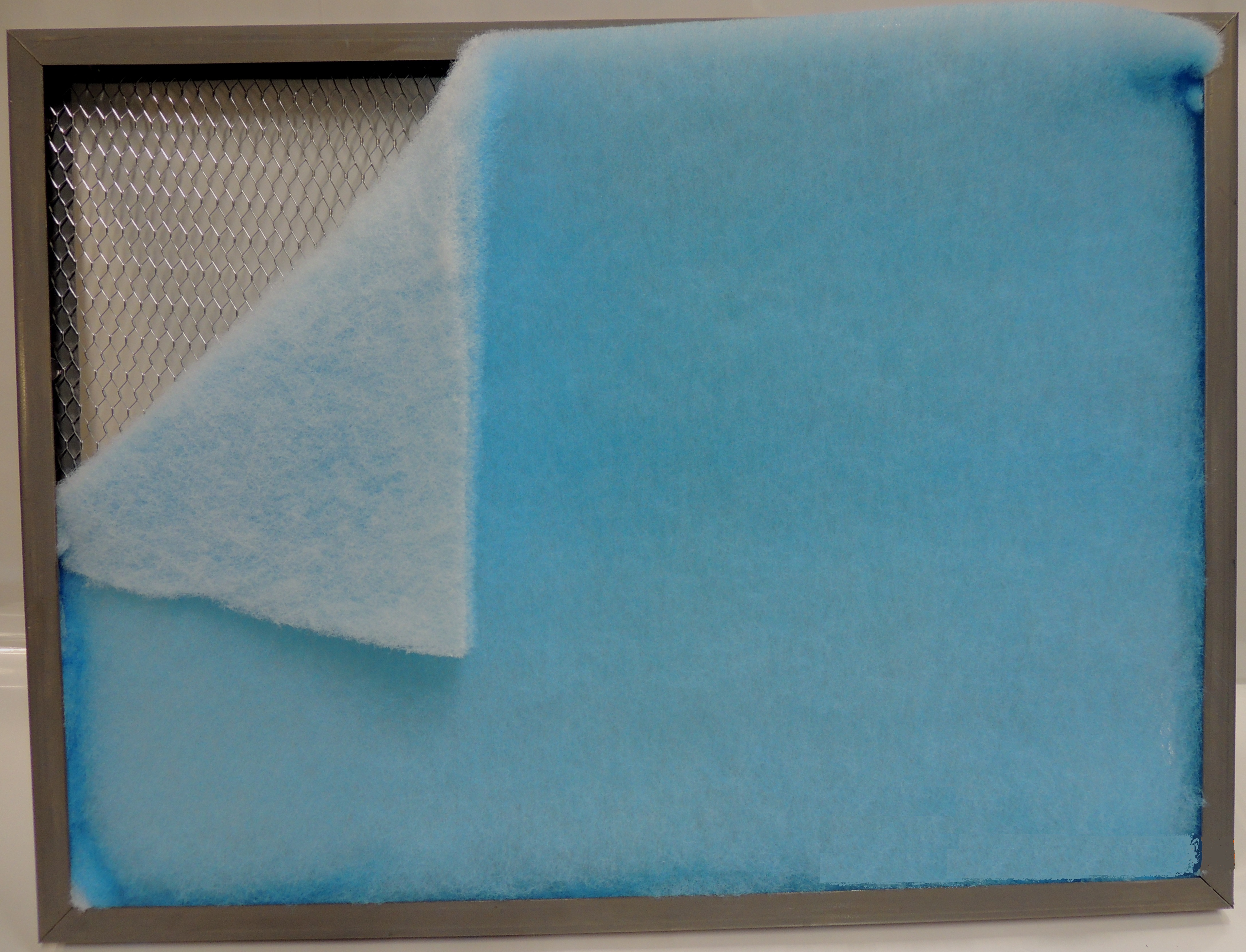
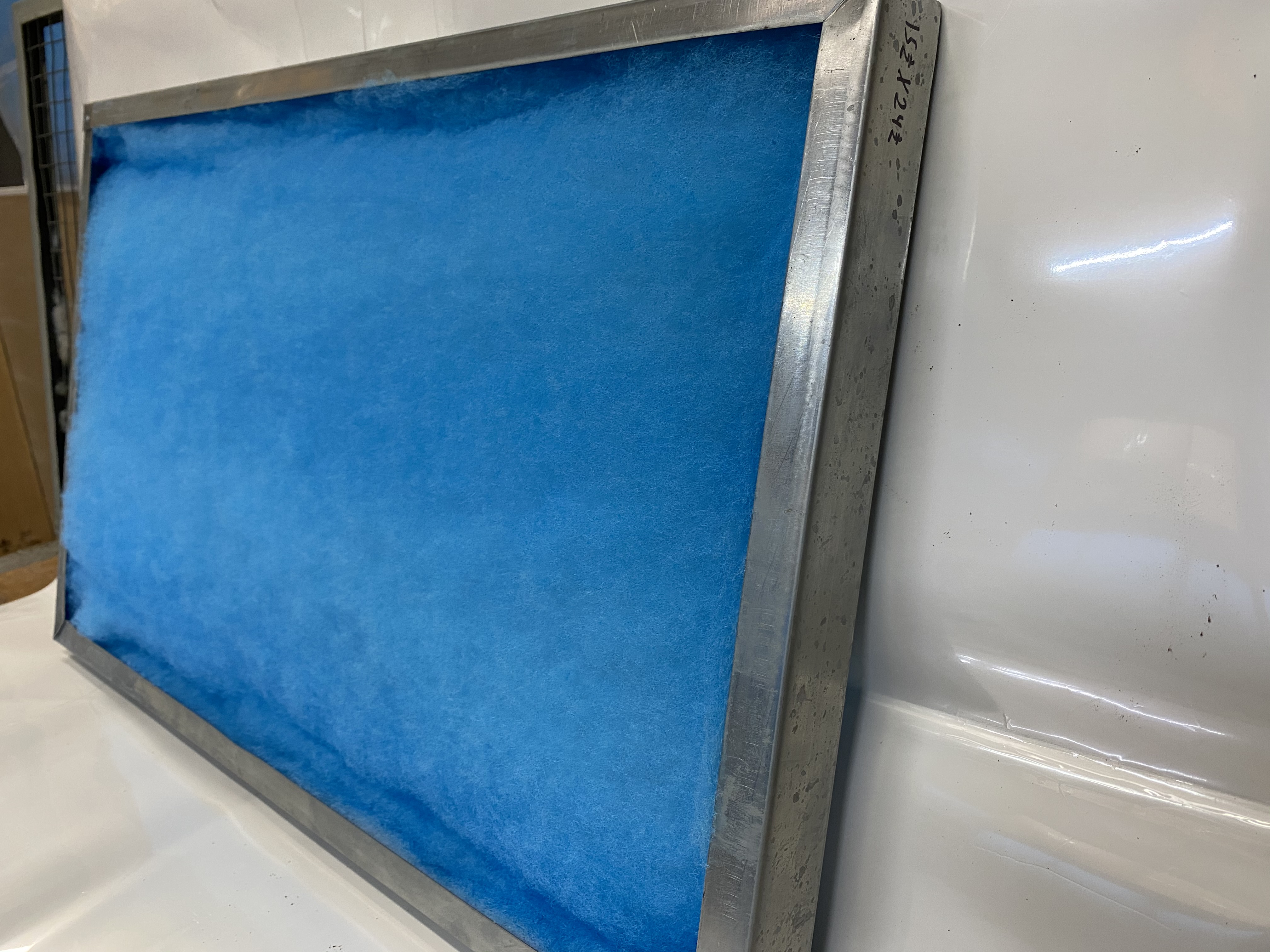
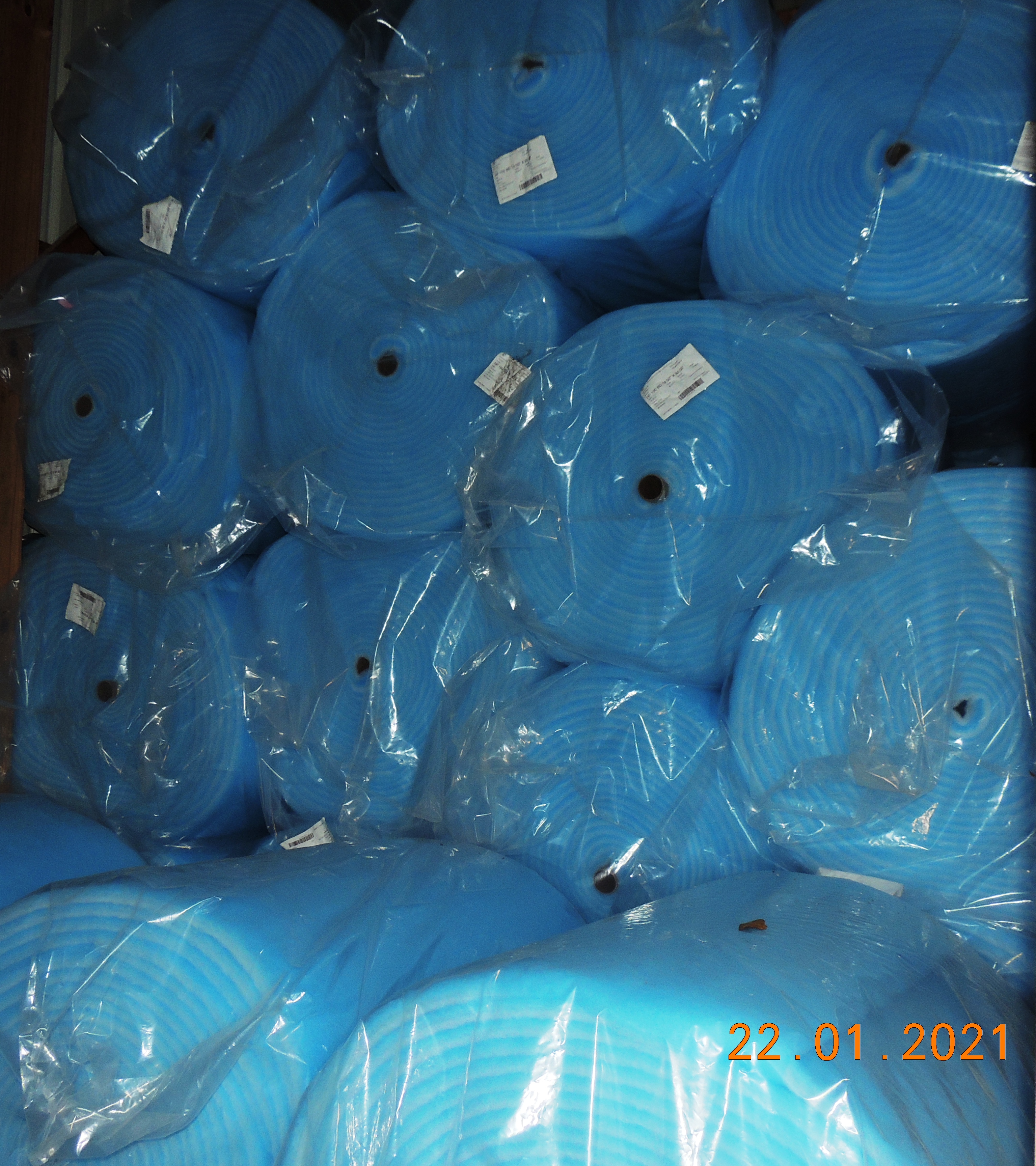
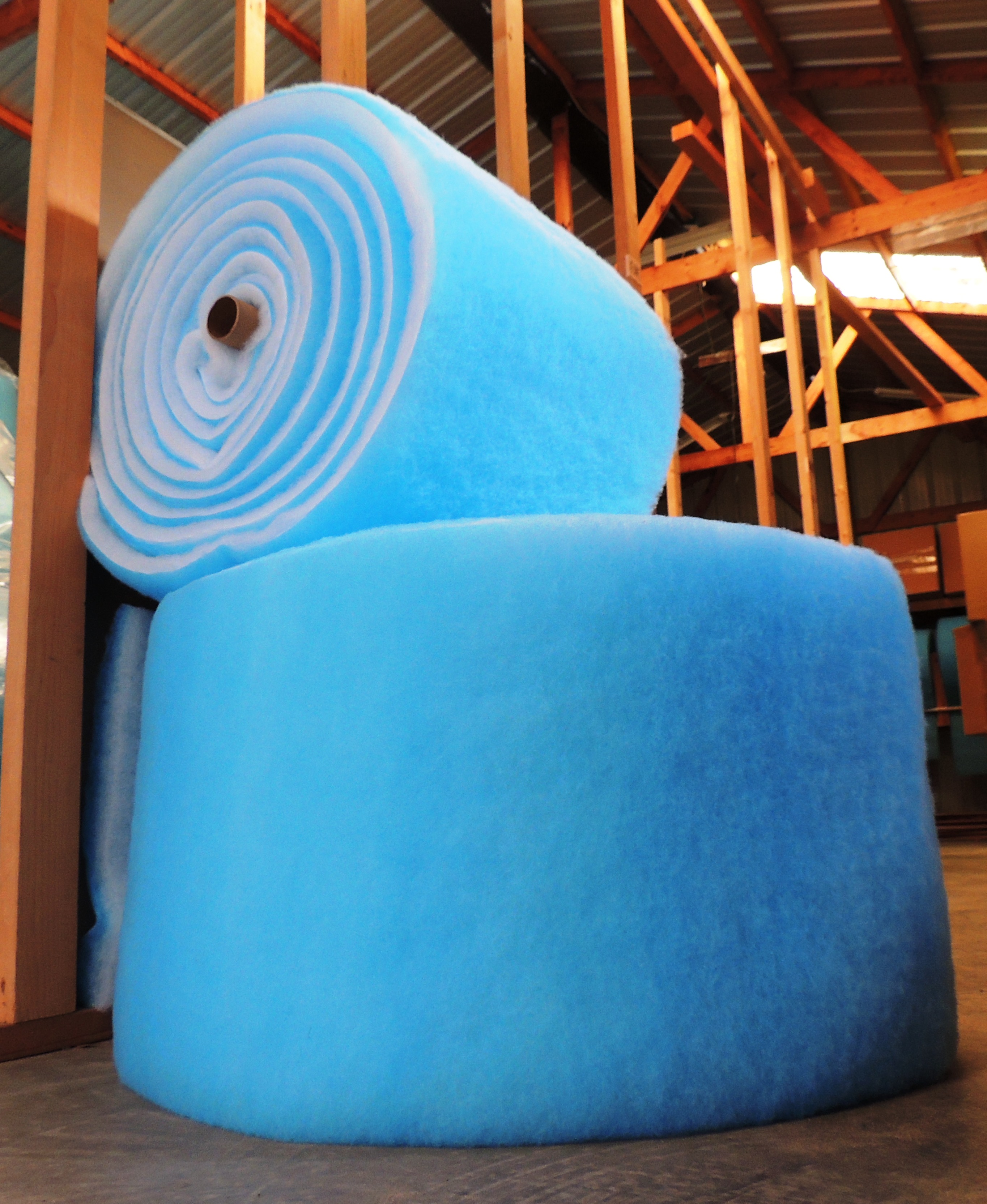
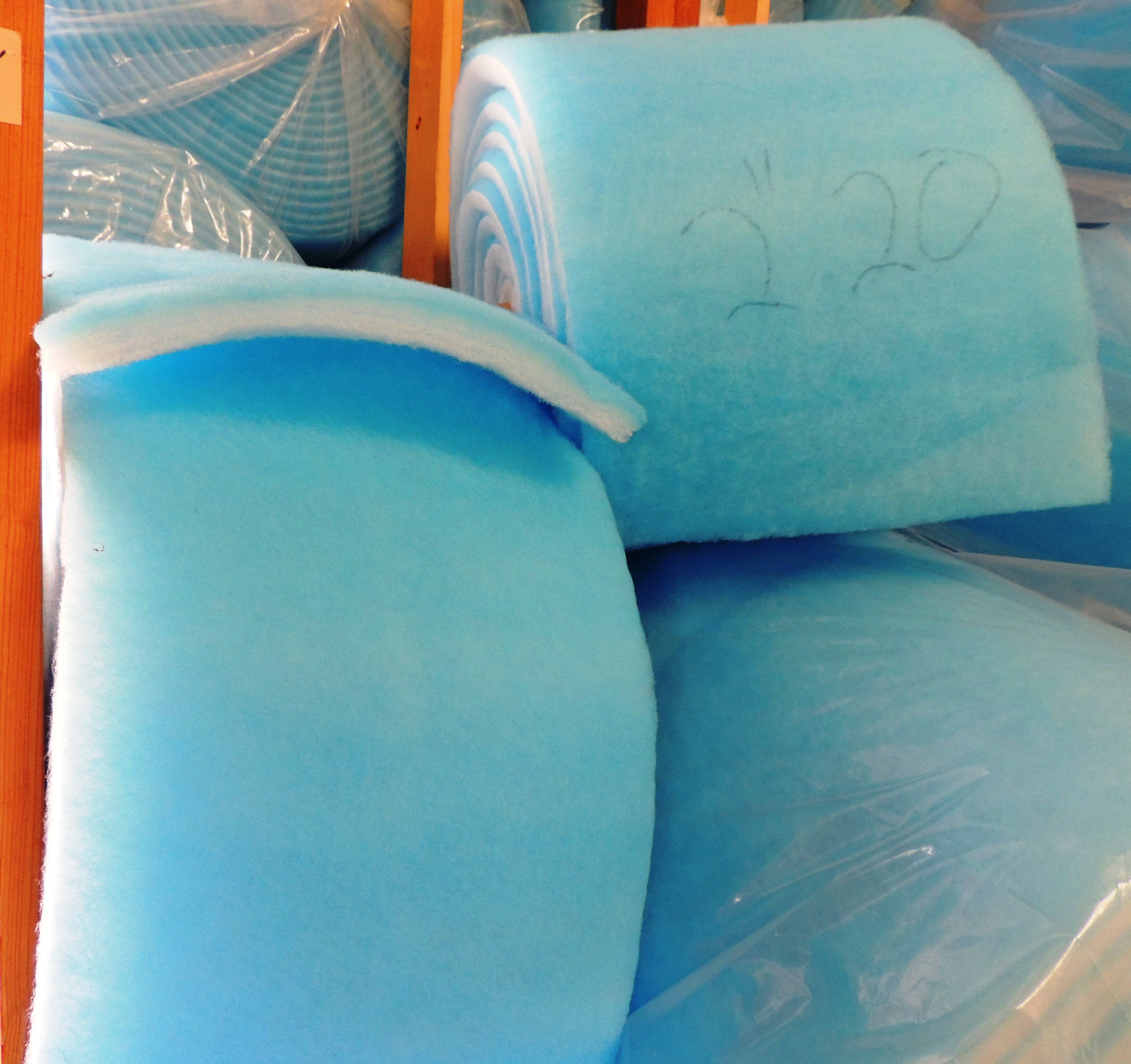
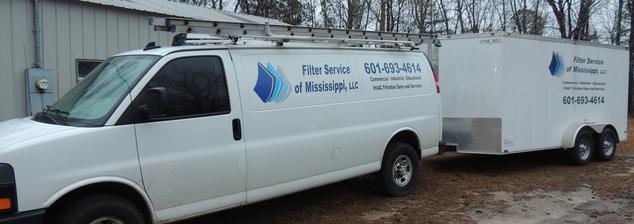
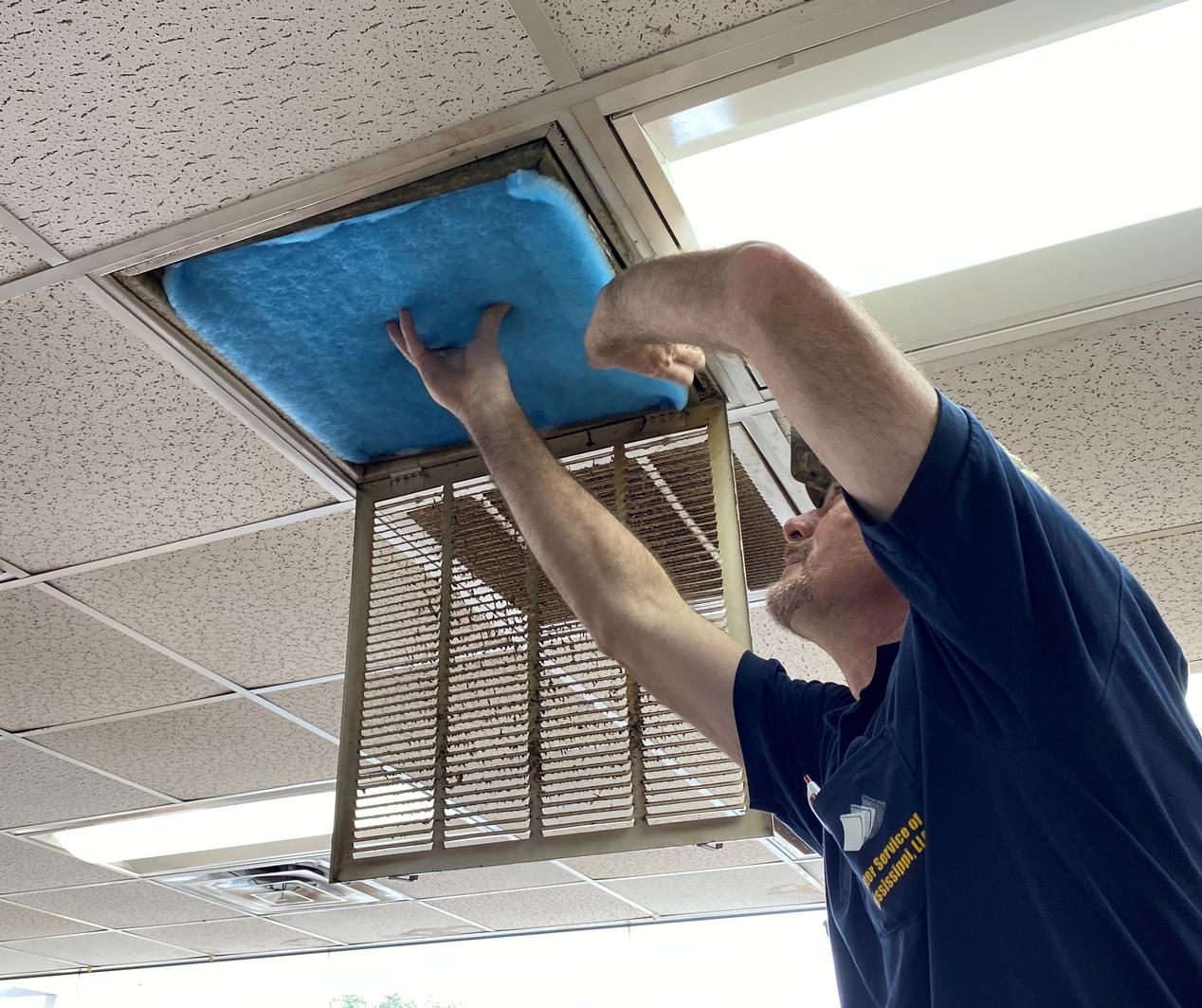
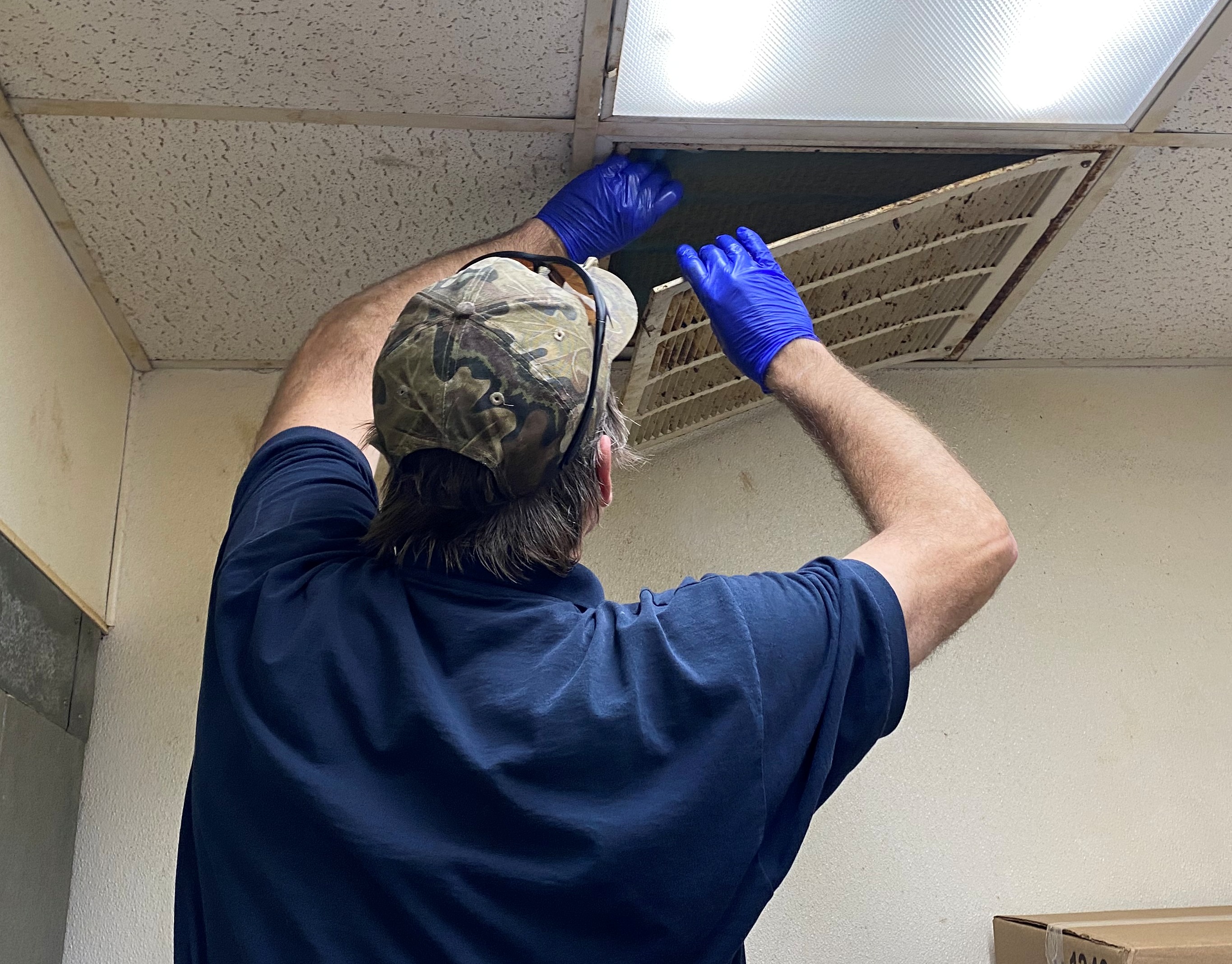
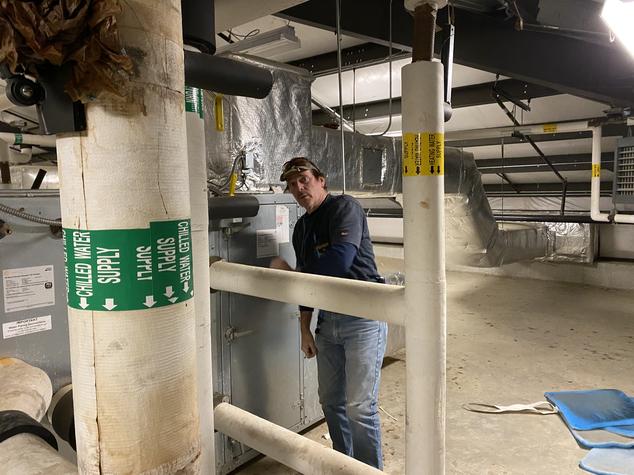
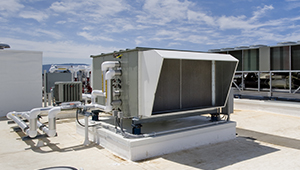
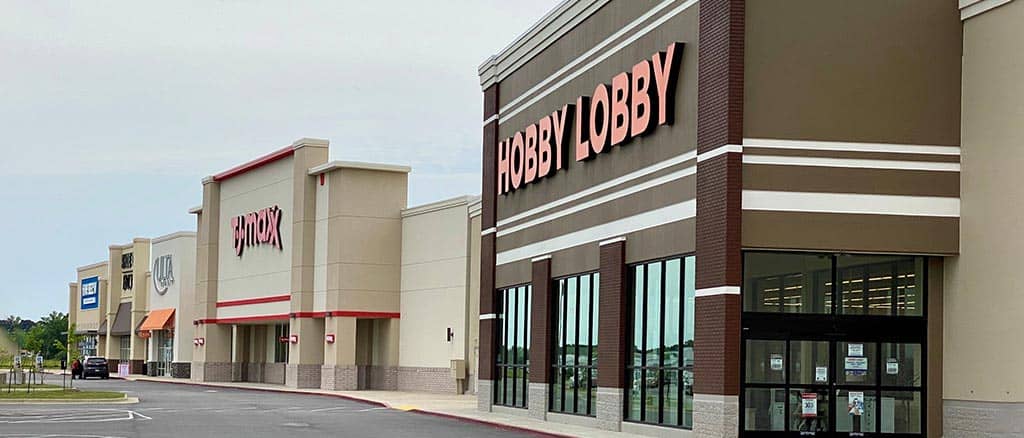


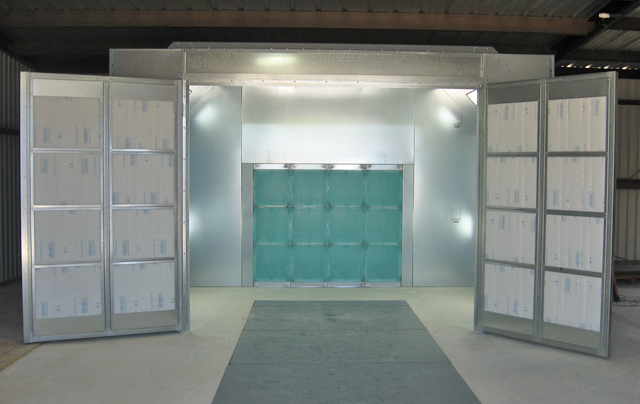

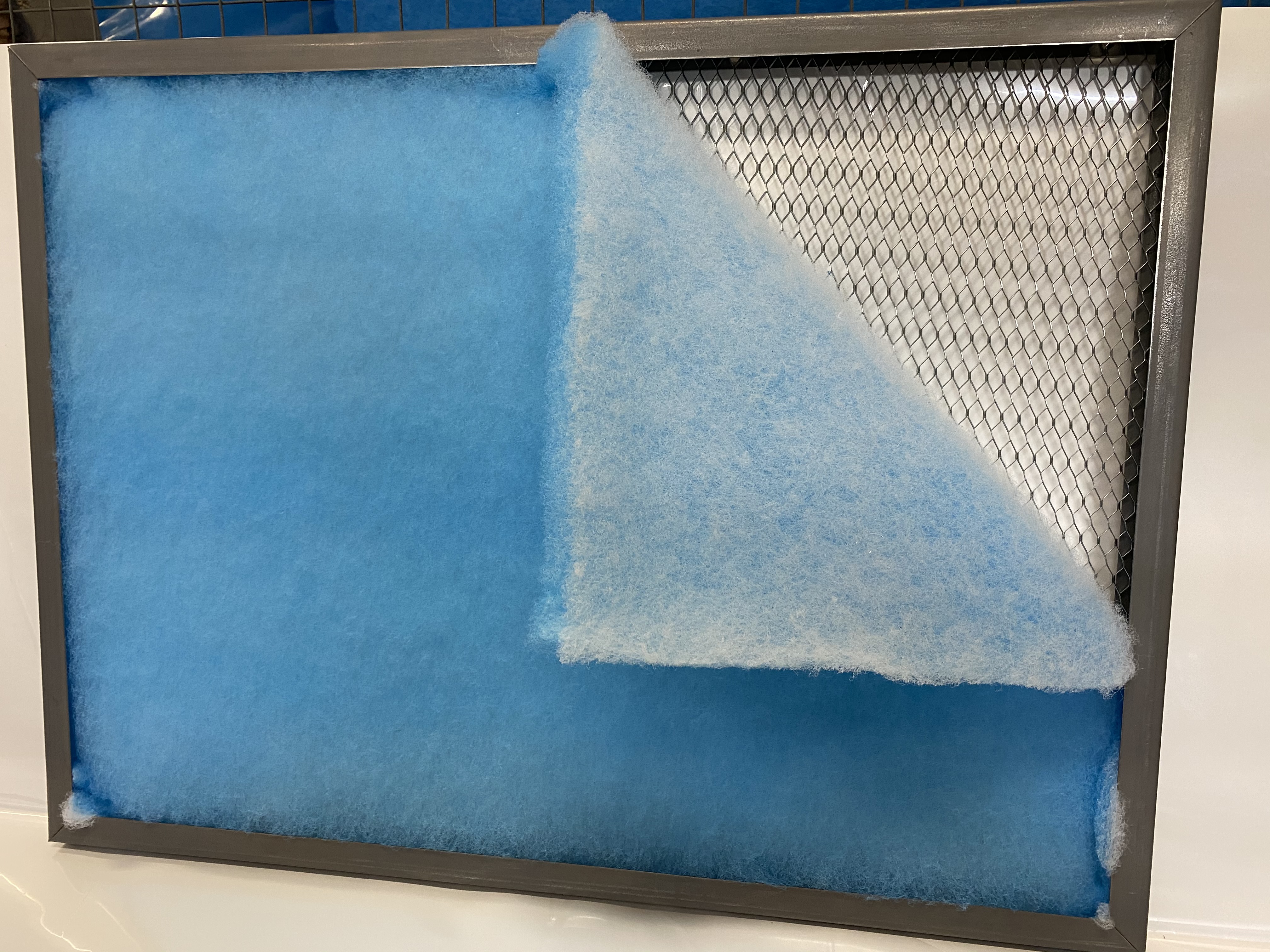
While a clean air filter will keep your indoor air quality higher than a filter that's dirty, it's wrong to assume that you are better off with something that's marketed as a high-efficiency filter. This may seem a bit counterintuitive, but here's why:
Your heating and air conditioning unit's air filter is there to primarily to protect the equipment from becoming dirty and clogged. It's not cleaning your home's indoor air as much as you may believe, since your HVAC unit doesn't run continuously throughout the year. Also, most duct registers aren't located in the areas where the majority of particulates that influence indoor air quality accumulate, so there isn't a chance for them to be filtered out.
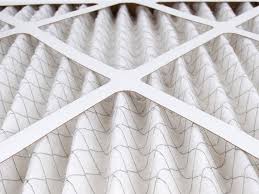
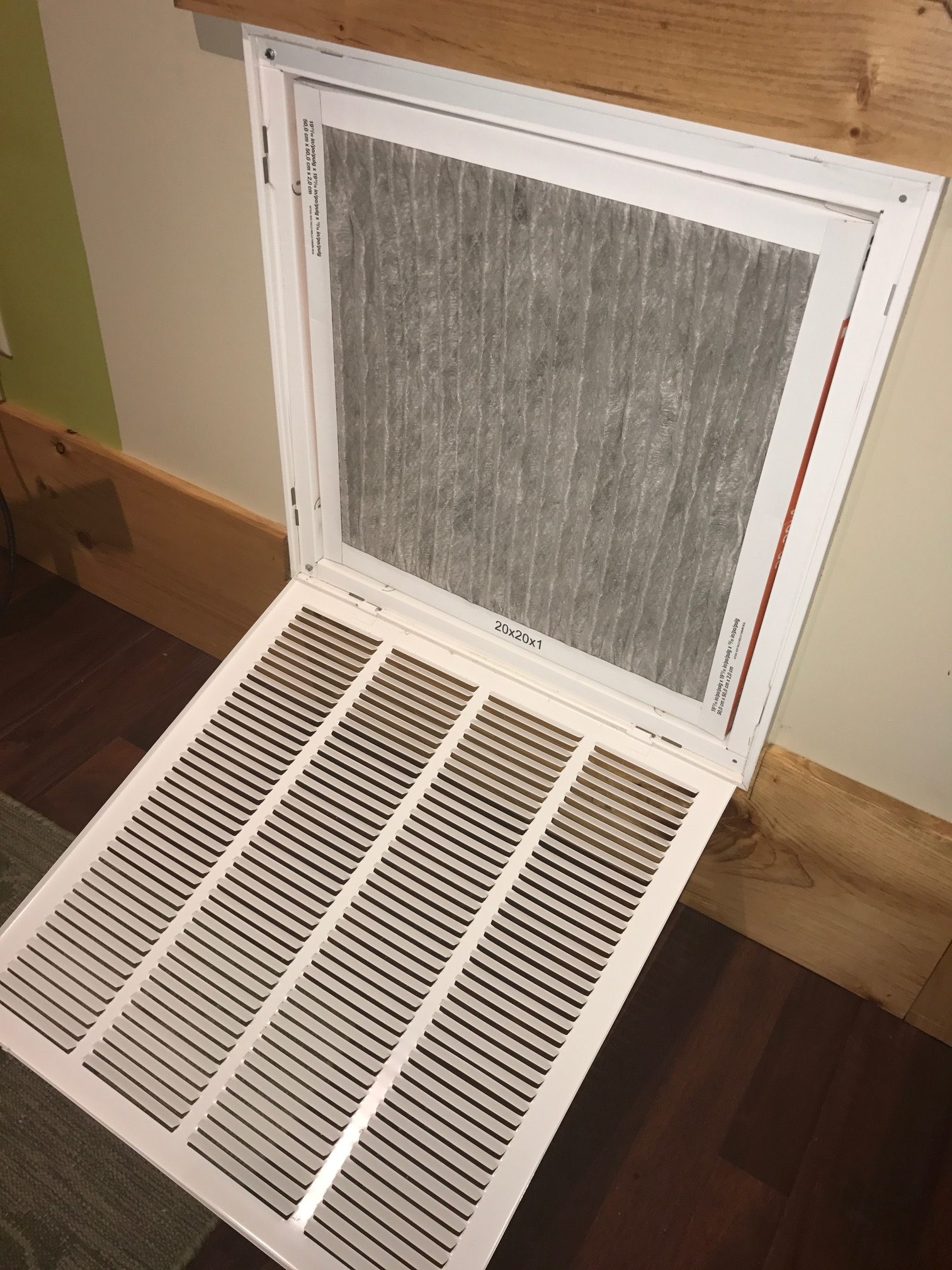
The most important task that will ensure the efficiency of your air conditioner is to routinely replace its filters. Clogged dirty filters block normal airflow and reduce a system's efficiency significantly. With normal airflow obstructed, air that bypasses the filter may carry dirt directly into the evaporator coil and impair the coil's heat-absorbing capacity. Replacing a dirty or clogged filter with a clean one can lower your air conditioner's energy consumption by 5% to 15%.
Forgetting to perform this task will cost you more money than you really have to spend.



